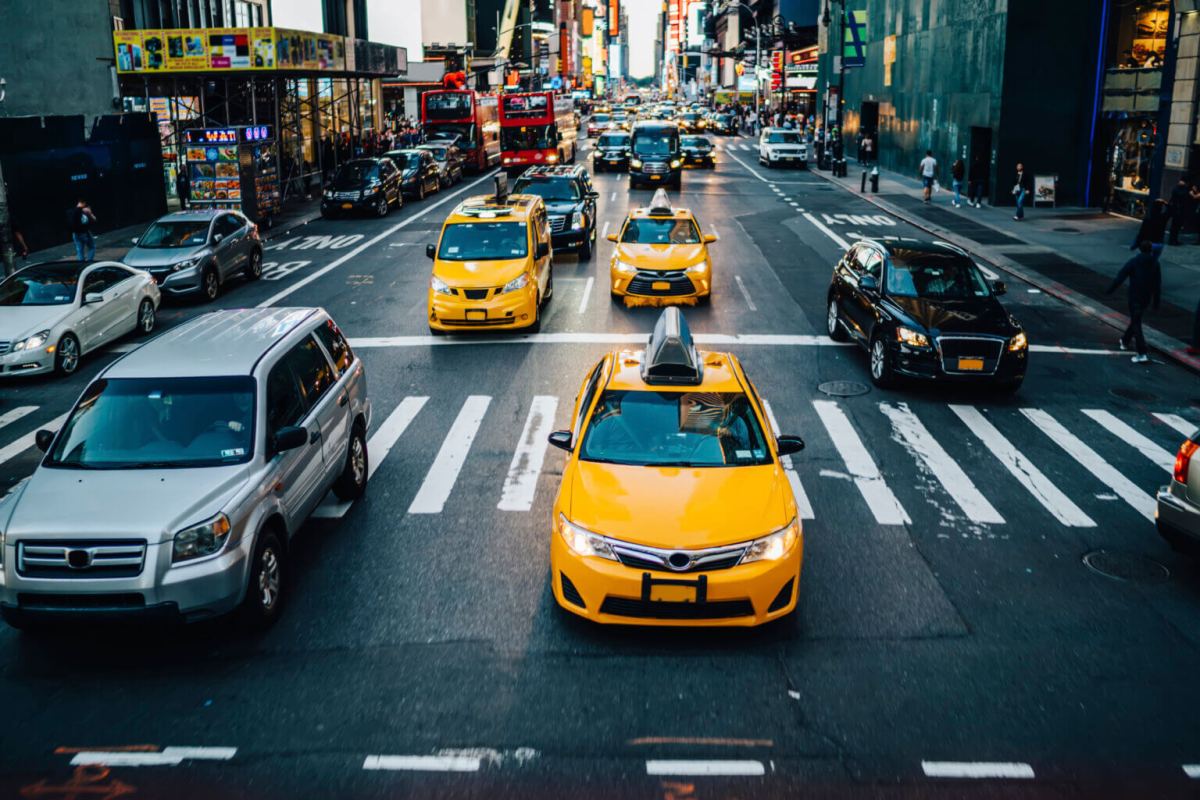To encourage motorists to drive into the city while the roads are less congested, the New York Metropolitan Transit Authority has issued recommendations for reduced congestion pricing tolls late at night to incentivize riders to travel overnight instead of during the day for nonessential trips.
While I support the goal to more evenly distribute vehicle rides and ease traffic, I believe excluding taxis and ride sharing services will result in streets being less safe. The less incentives to hire a cab, the more incentives to drive after drinking.
For more than 20 years, my non-profit, John R. Elliott HERO Campaign, has advocated for the increased use of designated drivers to prevent drunk and impaired driving tragedies. It became my life’s work after my only son John was killed when a drunk driver got back behind the wheel even after being pulled over by police. Ride sharing services, taxis and other on-demand transportation services have been valued partners in the crusade to make sure the public has a safe ride home whenever they consume alcohol, and to end drunk and impaired driving.
In October 2023, The Review of Economics and Statistics published “Uber and Traffic Fatalities,” a thorough study over several years and locations. The paper found that in cities where rideshare vehicles were readily available, traffic fatalities fell by more than 5%. It estimates that use of Uber has saved hundreds of lives and billions of dollars annually. The falling number of accidents and deaths are most visible in data from weekends and overnight.
With this knowledge, why is the MTA putting a financial barrier in the way of accessing rideshare vehicles and encouraging people to drive on their own, when it’s precisely overnight that people are more likely to need a sober driver? The loss of money from reducing congestion pricing tolls on rideshare drivers will be substantially outweighed by the savings incurred from averted car accidents.
In May 2000, my son John R. Elliot had just graduated from the United States Naval Academy and was planning to enter Naval Flight Officer training that fall. He was traveling from Annapolis to his childhood home at the Jersey Shore when he was hit and killed by an intoxicated driver. The driver had been arrested by police earlier the same evening, then released to a friend who put him back behind the wheel while still intoxicated. The friend could have driven him home but irresponsibly decided not to, with tragic consequences. Thirty minutes later, both his drunk friend and John were killed in a head-on collision when the inebriated driver crossed over into John’s oncoming lane.
In the twenty years since then, HERO Campaign has registered over 100,000 designated drivers in partnership with schools, colleges, law enforcement, bar and tavern owners, NFL and Major League Baseball, and ride sharing services, helping spur a decline in alcohol-related incidents over the past decade.
HERO Campaign still has a long way to go to spare families from the dreaded knock on the door I received that fateful July morning, when two police officers somberly told us my John “didn’t make it.” But with the rise of having a driver only a tap and two minute wait away, we can go further than ever before in providing an appealing alternative to driving under the influence. Had that been the option in 2000, John and the drunk driver who killed them both may still be alive.
Government can help. I urge the MTA to include on-demand ride services in their discounted overnight toll plan. It’s not only good for traffic, it’s common sense.
More access to rideshares will save lives.
William Elliott is the Chairman and CEO of the John R. Elliott HERO Campaign for Designated Drivers




































